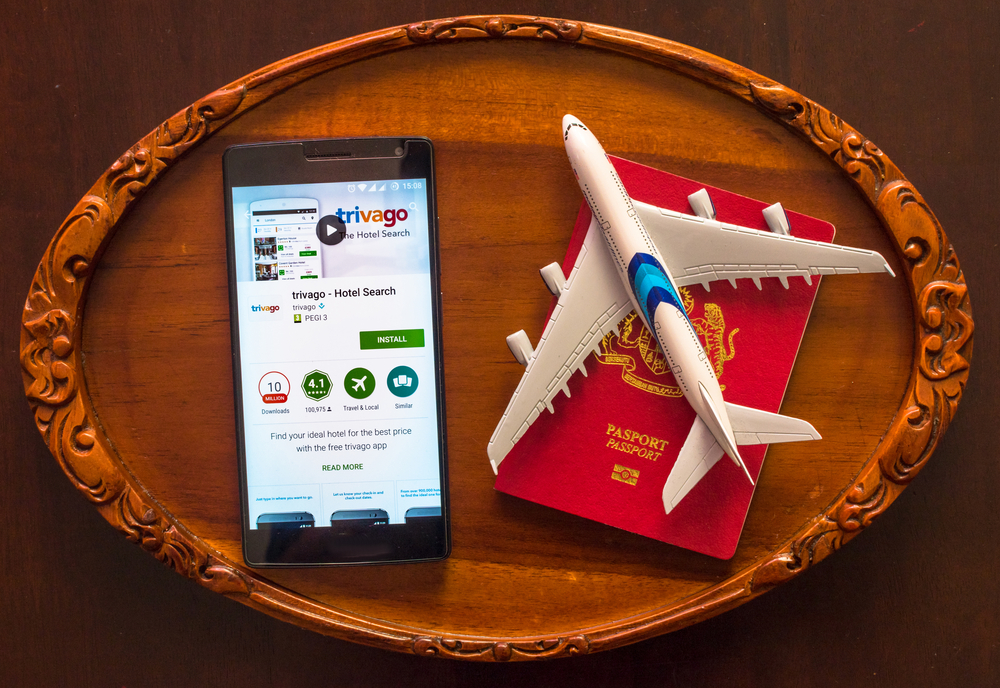Trivago’s comeback: Can brand marketing and AI secure long-term growth?

After a period of stagnation, Trivago appears to be entering a new phase of strategic growth, fueled by strong brand marketing investments, AI-driven innovations, and a renewed focus on consumer engagement. The hotel search and price comparison platform posted its first revenue increase since early 2023, marking what CEO Johannes Thomas described as a “turning point toward sustainable growth.”
With Q4 revenue up by 3% year-over-year to €94.8 million and referral revenue rising by 5%, Trivago’s resurgence comes at a time when competition in the online travel space is fiercer than ever. A revitalized approach to branding and consumer acquisition—including high-profile marketing campaigns featuring football icon Jürgen Klopp—has helped rebuild its presence and drive more direct traffic to its platform.
Brand Investments Are Paying Off
Trivago has long been known for its simple yet effective price-comparison model, but with changing consumer behavior, the company has doubled down on brand awareness. Its advertising spend increased to €57.4 million in Q4, a small yet significant rise that appears to be yielding results.
CEO Johannes Thomas emphasized that “brand investments are paying off,” citing a strong revenue trajectory and momentum that continued into January 2025, when the company reported double-digit revenue growth. This confidence was echoed by CFO Robin Harries, who highlighted that Trivago’s adjusted EBITDA surged by 52% to €11.1 million in the quarter, exceeding internal expectations.
AI and Continuous Optimization Shape the Future
Beyond marketing, Trivago is leaning on AI to refine user experience and increase conversions. Thomas revealed that the company is running 50 to 60 different versions of Trivago at any given time, continuously testing features such as AI-powered search and AI-generated highlights to improve usability.
While the company remains cautious in rolling out AI at scale, Thomas emphasized that gradual implementation based on user behavior will shape the next phase of Trivago’s evolution. Though he declined to provide details on user engagement metrics, he made it clear that Trivago’s AI strategy is focused on personalization and seamless search capabilities.
The Road Ahead: Stability or Continued Challenges?
Despite the positive Q4 results, Trivago still faces long-term challenges. Its full-year 2024 revenue stood at €460.8 million, a 5% decline from 2023, while adjusted EBITDA dropped significantly from €54.1 million to €10.2 million. The company’s year-long advertising spend increased by 7%, reflecting a deliberate push to reinvigorate its presence in the highly competitive metasearch space. Still, Trivago remains financially stable, ending the year with a cash balance of over €130 million and no long-term debt—a crucial advantage in navigating an evolving travel market.
With brand investments yielding results, AI-driven personalization improving conversions, and revenue on the rise, Trivago appears to be in a stronger position heading into 2025. However, sustaining this momentum will require continued innovation, user retention strategies, and navigating competitive pressures. While its Q4 success marks a much-needed turnaround, whether this signals a new era for Trivago or just a temporary rebound remains to be seen.


Comments are closed.